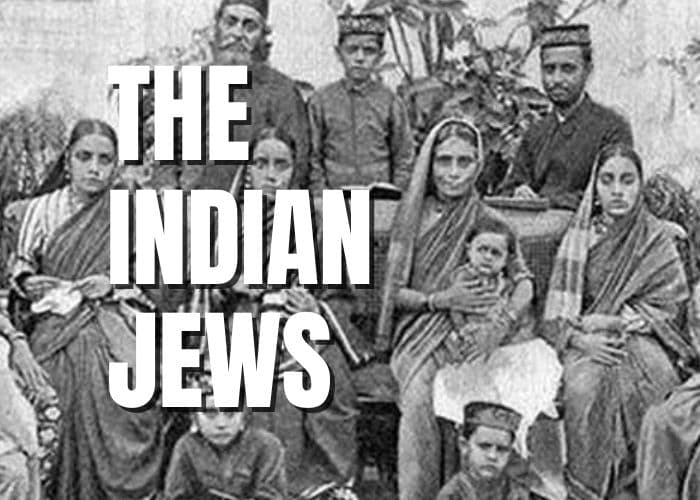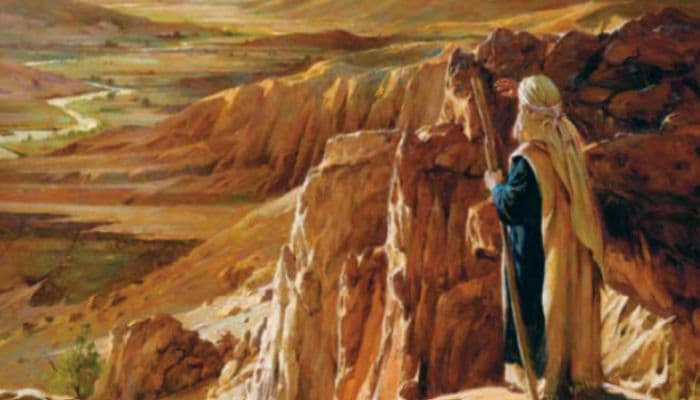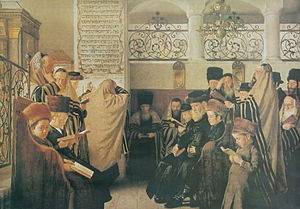| Aspect | Description |
|---|---|
| Parasha Number | The 32nd Parasha in the Book of Leviticus (Vayikra). |
| Parasha Name | Behar (בְּהַר), translating to “On the mountain” in Hebrew, referring to Mount Sinai where God communicated the laws to Moses. |
| Torah Book | Leviticus (Vayikra). |
| Number of Verses | Comprises 57 verses. |
| Number of Words | Approximately 1,160 words in the Hebrew text. |
| Primary Characters | Key figures include Moses, Aaron, and the Israelites, with God communicating instructions regarding the observance of the Sabbatical year and the Jubilee year, as well as laws concerning land ownership and economic justice. |
| Key Themes | Focuses on the laws concerning agricultural practices, land ownership, and economic justice, emphasizing the concept of rest and release during the Sabbatical and Jubilee years. |
| Significant Events | Presents laws and regulations specific to agricultural cycles, land redemption, and the treatment of indentured servants, reflecting principles of social welfare and economic equity. |
| Notable Quotes | “And you shall hallow the fiftieth year, and proclaim liberty throughout the land to all its inhabitants; it shall be a jubilee for you, when each of you shall return to his holding and each of you shall return to his family.” (Leviticus 25:10) |
| Legacy | Parashat Behar contributes to the understanding of social justice and economic equity in Jewish tradition. |
| Relevance Today | The themes of social justice, economic equity, and the importance of rest remain relevant in contemporary Jewish practice, guiding individuals in matters of ethical conduct and communal welfare. |
| Well-Known Stories | Include laws on agricultural practices, land ownership, and the observance of Sabbatical and Jubilee years, highlighting the importance of stewardship and social responsibility in Jewish life. |
| Special Observances | Highlighted in synagogue readings, emphasizing the significance of social justice and economic equity in Jewish life. |
| Connections to Texts | Behar builds upon preceding narratives in Leviticus, expanding on the concept of rest and release introduced in earlier chapters and providing further guidelines for ethical living and communal welfare. |
| Theological Significance | Emphasizes the importance of social justice, economic equity, and the concept of rest as foundational principles in Jewish theology, reinforcing the covenantal relationship between God and the Jewish people. |
Parashat Behar, the 32nd portion in the Book of Leviticus (Vayikra), derives its name from the Hebrew word “Behar,” meaning “On the mountain.” This portion outlines laws and regulations communicated by God to Moses on Mount Sinai, focusing primarily on social justice, economic equity, and the concept of rest.
Throughout Parashat Behar, God instructs Moses regarding the observance of the Sabbatical year and the Jubilee year, emphasizing the importance of rest and release. The portion addresses various aspects of agricultural practices, land ownership, and the treatment of indentured servants, reflecting principles of social welfare and economic justice.
A notable highlight of Parashat Behar is the proclamation of liberty and the return of land and property to its original owners during the Jubilee year. This concept underscores the principles of fairness, equality, and stewardship of resources in Jewish society.
Moreover, Parashat Behar emphasizes the interconnectedness of humanity and the importance of communal welfare. It advocates for the equitable distribution of resources and the alleviation of societal inequalities, reflecting the ideals of social justice and ethical responsibility.
In addition to its focus on social and economic justice, Parashat Behar contains instructions for the observance of religious festivals and rituals, reinforcing the covenantal relationship between God and the Jewish people.
Overall, Parashat Behar serves as a guide for ethical living, emphasizing the principles of social justice, economic equity, and the sanctity of rest. It continues to inspire Jewish communities today in their pursuit of a society founded on fairness, compassion, and communal well-being.
בהר
Behar
Leviticus 25:1-26:2
ירמיהו
ל״ב:ו׳-כ״ז
Jeremiah
32:6-27
Behar
more on Parashat Parashat Behar: Sabbatical Year
Quick Guide: The Five Books of Moses
| Genesis | Exodus | Leviticus | Numbers | Deuteronomy |
|---|---|---|---|---|
| Bereshit (1:1-6:8) |
Shemot (1:1-6:1) |
Vayikra (1:1-5:26) |
Bemidbar (1:1-4:20) |
Devarim (1:1-3:22) |
| Noach (6:9-11:32) |
Va'era (6:2-9:35) |
Tzav (6:1-8:36) |
Naso (4:21-7:89) |
Va'etchanan (3:23-7:11) |
| Lech Lecha (12:1-17:27) |
Bo (10:1-13:16) |
Shemini (9:1-11:47) |
Behaalotecha (8:1-12:16) |
Ekev (7:12-11:25) |
| Vayera (18:1-22:24) |
Beshalach (13:17-17:16) |
Tazria (12:1-13:59) |
Shelach (13:1-15:41) |
Re'eh (11:26-16:17) |
| Chaye Sarah (23:1-25:18) |
Yitro (18:1-20:23) |
Metzora (14:1-15:33) |
Korach (16:1-18:32) |
Shoftim (16:18-21:9) |
| Toledot (25:19-28:9) |
Mishpatim (21:1-24:18) |
Achare Mot (16:1-18:30) |
Chukat (19:1-22:1) |
Ki Tetze (21:10-25:19) |
| Vayetze (28:10-32:3) |
Terumah (25:1-27:19) |
Kedoshim (19:1-20:27) |
Balak (22:2-25:9) |
Ki Tavo (26:1-29:8) |
| Vayishlach (32:4-36:43) |
Tetzaveh (27:20-30:10) |
Emor (21:1-24:23) |
Pinchas (25:10-30:1) |
Nitzavim (29:9-30:20) |
| Vayeshev (37:1-40:23) |
Ki Tisa (30:11-34:35) |
Behar (25:1-26:2) |
Matot (30:2-32:42) |
Vayelech (31:1-30) |
| Miketz (41:1-44:17) | Vayakhel (35:1-38:20) |
Bechukotai (26:3-27:34) |
Masei (33:1-36:13) |
Haazinu (32:1-52) |
| Vayigash (44:18-47:27) |
Pekude (38:21-40:38) |
V'Zot HaBeracha (33:1-34:12) |
||
| Vayechi (47:28-50:26) |












